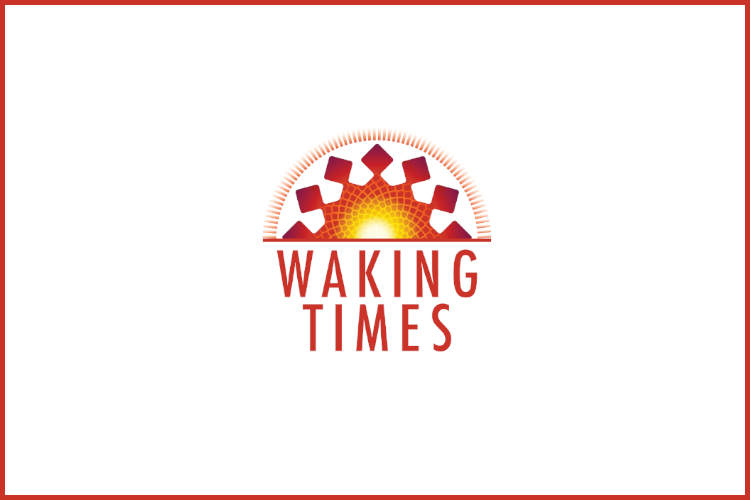The New Pharmaceutical Oligarchy

The cost of drugs has been on the rise. This is due to not only the increasing costs of developing and
marketing new drugs, but also the current patents which act as barriers for new competitors trying to
enter the market. With the increase in the overall price of drugs, the pharmaceutical industry has
become an oligopoly. Bad stuff!!
In the past, the pharmaceutical industry supposedly would award innovation with patent protection.
This patent was beneficial for all because it effectively kept the market monopolistically competitive.
\In addition, as companies are rewarded for innovation, the health of the consumers were
simultaneously protected.
This patent was beneficial for all because it effectively kept the market monopolistically competitive.
\In addition, as companies are rewarded for innovation, the health of the consumers were
simultaneously protected.
Now, however, things have changed. For the worse. Pharmaceutical companies are gaming the
system. Through squashing potential competition, they have created an oligarchy. This is responsible
for the major inflation in prices, and worse, drug quality problems.
system. Through squashing potential competition, they have created an oligarchy. This is responsible
for the major inflation in prices, and worse, drug quality problems.
More specifically, the methods of squashing competition raise many concerns. First, drug
manufacturers are squashing competition by bribing those with new versions of a drug to
withhold their release for a period of time with money. One, the release of that drug could save
lives, and two “these pacts cost US consumers and taxpayers $3.5 billion in higher drug costs
each year.” Furthermore, another method that reinforces the newly adopted oligarchy system is the
purposeful delaying of certain drugs from being approved through signing “citizen petitions.” The
FDA is required to prioritize the petitions over pending drug applications. Thus, as a competitor
company trying to delay another competitor company’s pending drug application, they can simply
create citizen petitions to interfere with the process. There are many other methods the top
pharmaceutical companies have manipulated in order to remain at the top and squash competition,
hence raising many ethical conflicts as the health of the consumers must also be considered.
manufacturers are squashing competition by bribing those with new versions of a drug to
withhold their release for a period of time with money. One, the release of that drug could save
lives, and two “these pacts cost US consumers and taxpayers $3.5 billion in higher drug costs
each year.” Furthermore, another method that reinforces the newly adopted oligarchy system is the
purposeful delaying of certain drugs from being approved through signing “citizen petitions.” The
FDA is required to prioritize the petitions over pending drug applications. Thus, as a competitor
company trying to delay another competitor company’s pending drug application, they can simply
create citizen petitions to interfere with the process. There are many other methods the top
pharmaceutical companies have manipulated in order to remain at the top and squash competition,
hence raising many ethical conflicts as the health of the consumers must also be considered.
Comments
Post a Comment